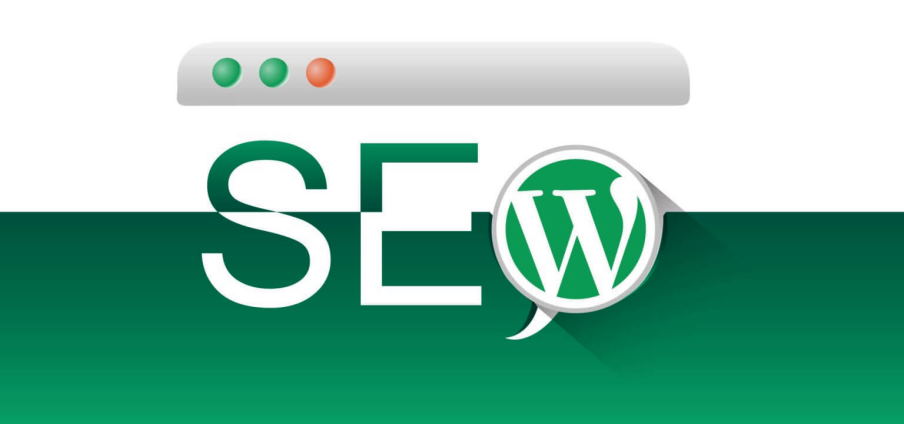If you’re running a WordPress website, then you know how important it is to rank high in search engines. After all, that’s how most people find websites these days. And while there are a lot of factors that go into ranking well, SEO is certainly one of the most important.
Luckily, there are a number of things you can do to improve your WordPress SEO and help your site increase in search engine rankings. This post will share some of our top tips for improving your WordPress SEO. So if you’re ready to get started, read on!
SEO tips you need to know if you use WordPress
Search engines are an important part of the internet, and WordPress SEO is key for seeing your website. In this article, we’ll offer tips to help you use WordPress SEO to rank higher in search engine results pages (SERPs).

- Use SEO-friendly URLs – A URL should be descriptive and easy to read for both search engine bots and human visitors. To ensure your URLs are SEO-friendly, use keywords in each post or page URL. It also helps to keep them concise and include hyphens between words.
- Optimize title tags – The title tag is one of the most important elements on a web page when it comes to SEO, as search engines use it to determine what the page is about. Therefore, ensure you include relevant keywords in your title tags so that search engines can easily understand the page’s topic.
- Implement an XML sitemap – An XML sitemap is a file that lists all the pages on your website and allows search engines to crawl them more easily. You can use a plugin like Google XML Sitemaps to generate an XML sitemap for your WordPress site.
- Add alt tags to images – Images are another important part of SEO, as they can help boost organic traffic from image searches. Adding alt text to your images will provide more information about the image’s content, which helps search engine bots understand what’s being displayed and rank it appropriately in image-based search results.
- Use social media – Social media has become an essential part of SEO, as it helps you engage with users and build relationships with potential customers or followers. Connecting your WordPress site to social media sites like Facebook, Twitter and Instagram is a great way to increase visibility and exposure for your website.
By taking the time to implement these WordPress SEO tips, you can help your website rank higher in search engine results pages and get more organic traffic.

Ways to SEO analysis on your WordPress website
- Analyze Your Website’s Performance: You should evaluate your website’s performance to assess its SEO health accurately. For example, look at page load times, website structure and design, mobile responsiveness, and other user experience metrics that can affect SEO rankings.
- Review Your Backlinks: Analyzing the quality of your backlinks is essential for strengthening your site’s SEO presence in search engine algorithms. Make sure they are from reputable sources and use tools such as ahrefs or Moz to track changes in your link profile over time.
- Utilize Analytics Tools: Take advantage of analytics tools like Google Search Console and Google Analytics to gain valuable insight into how visitors interact with your site daily. Review your site’s performance across different devices, and use this data to craft an effective SEO strategy.
- Monitor Your Keyword Rankings: Understand how your keywords perform in search engine rankings to determine if your campaigns are successful or need improvement. Aim for a balanced mix of high-volume and long-tail keywords to maximize the potential traffic from each keyword.
- Optimize Your Images: Images are a major factor in improving the user experience of your WordPress site, but they can also impact your SEO performance. Include proper keywords and alt-tags, and compress images to reduce loading times – both of which will help improve your chances of ranking higher on SERPs.
- Monitor Your Content Quality: The quality of content is another major factor that affects your site’s SEO performance. Ensure all the text on your website is original, well-researched, and properly optimized for search engine algorithms. In addition, regularly review posts and pages for typos or potential errors that could affect rankings negatively.
- Utilise Structured Data Markup: Structured data markup allows search engines to understand your site’s content better and can help improve visibility in search results. Utilise schema markup from providers like Google and Yandex to add key information about your website that will help with indexing and rankings.
- Set Up Local SEO: If you’re running a local business, setting up optimized local SEO is essential for ranking high in local search engine results pages. Provide accurate location data, create listings on popular directories such as Yelp or Foursquare, and use geo-targeted keywords throughout your web pages to increase their visibility in the area.
- Regularly Audit Your Website: It’s important to regularly audit your WordPress site’s performance over time to ensure it is still up-to-date with SEO best practices. Check for technical errors, broken links, crawlability issues, and any other factors that could harm your site’s visibility in search engine algorithms. Review all of these points frequently to ensure your website is performing as it should be.
By following these steps and monitoring your website’s performance over time, you can ensure its SEO health and increase the chances of appearing higher in SERPs. In addition, WordPress, an easy-to-use platform, makes managing a successful SEO campaign much simpler than ever!





Comments